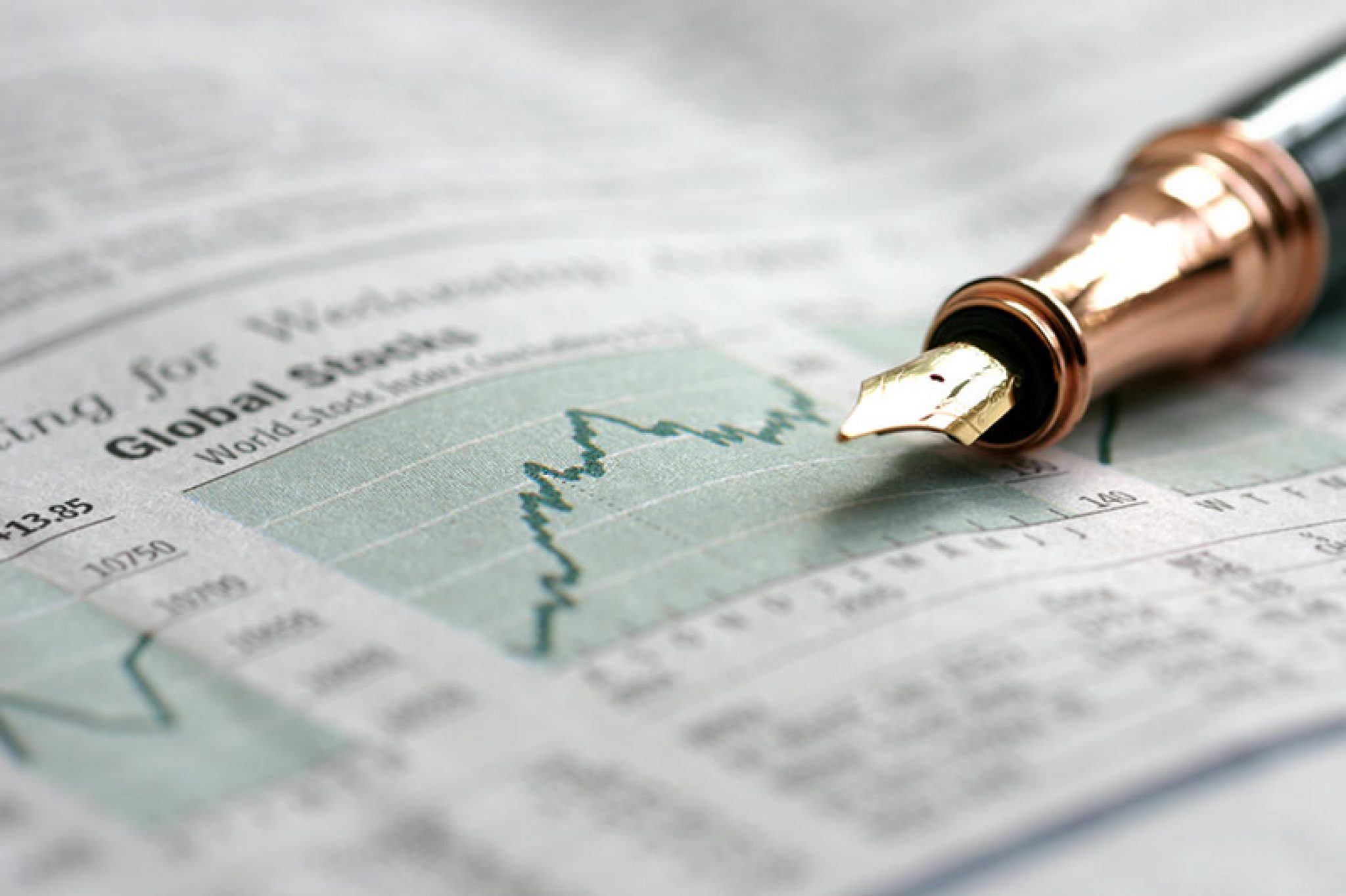Global investing has never been easier. At the touch of a button, we can access world economic data and market intelligence on an unprecedented scale. Or we can choose to invest in one of the hundreds of global multi-asset funds, where the heavy lifting aspects of investment research are taken care of by experts.
Likewise, global investing has never been more important. The immediate future of the UK market is uncertain, whereas other world regions such as North America, Asia Pacific and Europe have recovered well, despite the pandemic.
So why do UK investors tend to favour UK stocks, and why is this a problem?
What is Home Bias?
Home bias is the tendency of investors to favour their home country when choosing companies to invest in. This is understandable in the case of personal investors who may not be as familiar with overseas economies. But professional fund managers can also be guilty of this.
A research paper undertaken by Vanguard1 indicates that the UK accounted for around 5.4% of the world’s market capitalisation. However, a typical UK investor was found to hold closer to 20% in UK Equities.
The result is an unbalanced portfolio. A ‘diversified’ fund which is overweight in its home country takes more than its fair share of risk and would be disproportionately impacted by economic events affecting that country.
Home bias can arise either because of familiarity or ‘fear of the unknown.’ However, it can also result from an unfounded optimism about the potential of one’s home country. So, while the UK is lagging behind other countries in terms of a post-lockdown recovery, this may be put down to UK shares being undervalued, or a more robust recovery being on the way.
The UK Outlook
At the time of writing, the UK is facing criticism over its handling of the Coronavirus pandemic, slowed economic growth due to the impact of the virus and the resulting lockdown, a potential tax rise, and the possibility of a No Deal Brexit.
Of course, the economy is both cyclical and resilient. We may have a few difficult years ahead of us, but history tells us that it will get better eventually. We just don’t know when.
That is not to say that we should overlook UK shares. Many companies are thriving in the current climate and will continue to do so. Others may yet be impacted in ways we can’t predict.
This uncertainty is the reason it is worth diversifying. If your portfolio only has a 5.4% vested interest in the UK economy, this can help to limit the damage of a localised downturn, while benefiting from some of the upside when the recovery takes place. This is exactly what our TRAILSTM portfolios do: invest globally as per the world’s market cap.
The Benefits of Diversification
A strong portfolio is a diverse one. It is a basic principle of investing that you should hold a combination of the four main asset classes: Equities, Property, Bonds and Cash. The amount allocated to each type of asset will depend on what you want to achieve, and how much risk you are prepared to take.
But beyond that, a truly diverse portfolio will hold not only equities, but a wide range of equities from various countries and multiple business sectors. Bonds can also be diversified, from UK government stocks to emerging market debt.
We can’t time the market and it is impossible to manage a portfolio according to the whims of the global economy. We can’t know the best stocks to hold at any given time. The best strategy is to hold all of them, as far as reasonably practical. We do this via TRAILSTM by using index/passive funds, which are both diverse and low cost.
This means that your portfolio will benefit from market growth without being overexposed to any one area.
Global Growth and Innovation
Investment is not just about managing risk. It is also about seeking opportunity and benefiting from the success and innovation of industry.
The top 10 holdings in the FTSE 1002 includes oil and gas, food and drink, finance and (strangely enough, in 2020) tobacco. Pharmaceutical companies take the top two spots in terms of market share, which is unsurprising during a global health crisis. The UK is ranked 5th in the Global Innovation Index 20193.
We are slightly behind the USA, which is unsurprising considering that this is the country which brought us Silicon Valley and the multitude of tech giants which dominate the world today. According to the Vanguard study referenced earlier, North America makes up around 55% of the world economy by market capitalisation. Of course, anyone watching the news may be nervous about investing over half of their portfolio in US stocks. But America is a vast area and the companies contributing to its growth are global players. It’s unlikely that the fortunes of Microsoft, Apple and Amazon will be significantly altered by the next election.
Switzerland ranks first in the index, which makes sense, given its world-class research institutes and the links between industry and science.
The other countries in the index are spread across Europe, Asia and North America, and vary significantly in size and population. Any of these countries could introduce the next world-changing technology. Holding a UK-heavy portfolio risks missing out on the vast potential for global innovation.
Investing globally is not about speculative growth, and a globally diversified portfolio should not be considered any riskier than a UK portfolio. By investing globally, you:
- Overcome home bias
- Avoid concentrating your investments in any one area
- Benefit from growth and innovation across the world.
- Naturally tilt your portfolio towards successful companies and economies.
TRAILSTM portfolios invest in more than 24,500 stock and bond holdings (save Speculative which is 100% equities and has c. 10,880 individual stocks). This may sound a lot, but this is what it means to hold a well-diversified global portfolio. An appropriate asset allocation based on your risk profile, coupled with a diversified portfolio based on different geographic regions and sectors of the economy will give you a superior investment experience. This is exactly what TRAILSTM aims to achieve.
Please do not hesitate to contact a member of the team if you have any questions, or wish to find out more about your investment options.
1 https://www.vanguard.com/pdf/ISGGEB.pdf
2 https://www.londonstockexchange.com/indices/ftse-100/constituents/table
3 https://www.wipo.int/pressroom/en/articles/2019/article_0008.html.




